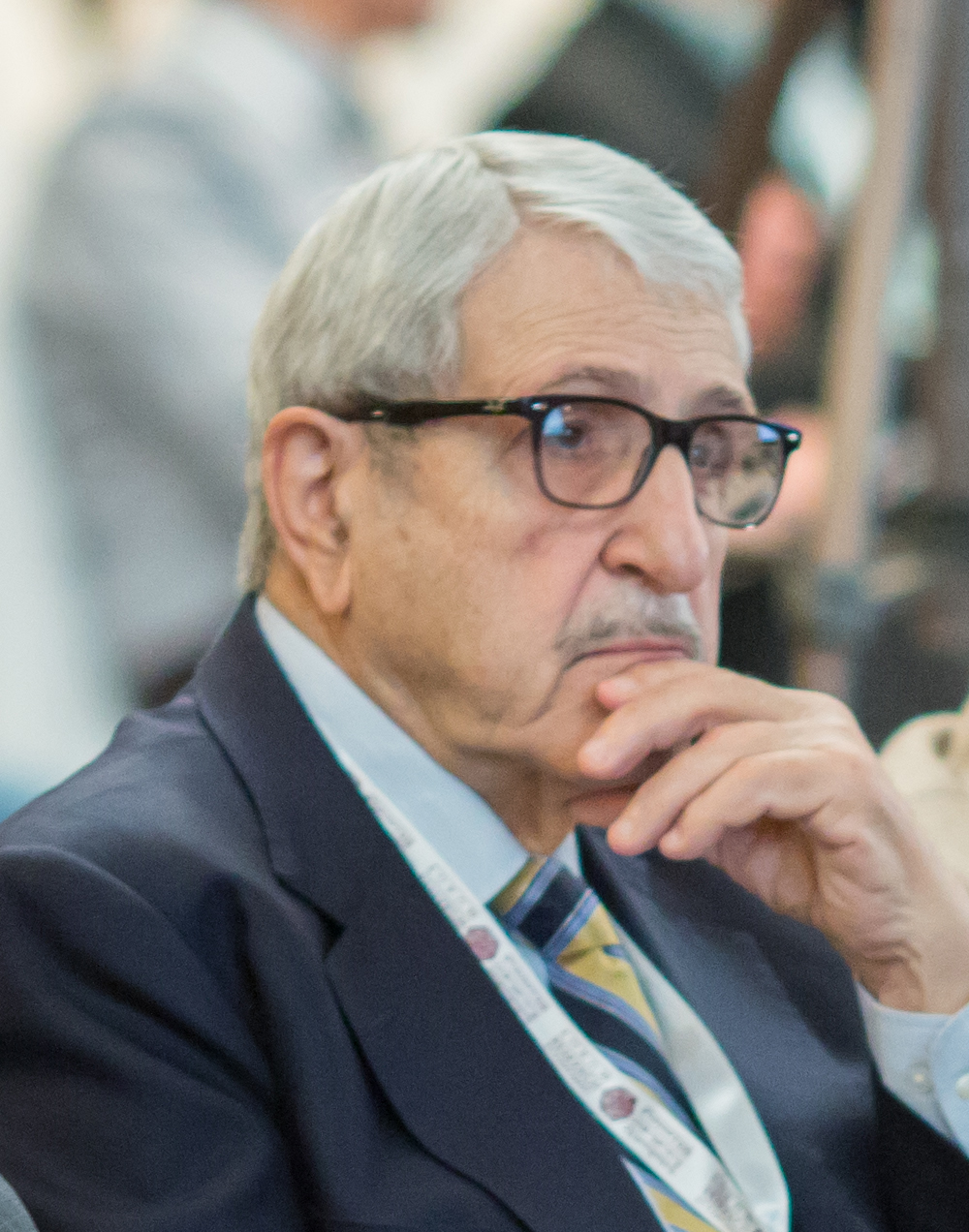In a nutshell
If national peace and equitable development are to be achieved in the Arab world, the old (pre-conflict) social contract, based on autocratic rule along with weak institutions, is no longer a viable option.
A new social contract needs to be put in place, one that reflects socio-economic inclusivity, institutional reform and democratic political governance that would ensure equitable power-sharing and accountability.
Economic policies in such a context require steering national economies away from severe depressions, maintaining balance between stabilisation and structural reforms, and setting up institutional mechanisms that ensure the proper management of rents.
The uprisings of 2010/11 in several Arab countries were motivated by a widespread popular desire to remove sitting autocratic rule. But as of late 2022, the popular cries for freedom and justice that they carried are yet to be translated into a genuine democratic transformation.
The uprisings in Egypt and Tunisia quickly succeeded in toppling the ruling elite and establishing a new regime: a return to autocracy in the first case and a form of democracy in the latter case. But they failed to bring about regime change in Syria, and are yet to be settled one way or another in Libya and Yemen. The region, as a whole, continues to be classified at the bottom of the democracy table.
One explanatory factor for these varying outcomes is continuous overt external interventions in support of one side of the conflict or another in the latter three countries. In turn, on the internal front, differing ‘ideological’ preferences of the contending factions – be they religious, political or social – have acted to obstruct national settlements irrespective of their possible outcome – that is, whether leading to democratic governance or not.
Looking at the economic and political fundamental variables that affect the probability of observing a civil war in a country, it appears to decrease with the development level and a more open economy both in the capital and trade accounts. It appears to increase with higher resource rents.
All of these factors increase the opportunity cost of violence. Furthermore, the probability of a civil conflict increases during economic downturns and with greater political polarisation, but it decreases when incumbents can secure loyalty via unequal access to public services given to their political constituency.
This analysis helps to explain why of the five Arab uprisings, four erupted in non-oil-rich economies where the authorities were not in a position to downplay the growing popular fervour for change via resource transfers to citizens in the context of prevailing sharp income and social inequalities, national political divisions notwithstanding.
Of course, additional factors also underlie the uprisings notably the conflictual nature of the region, fed by continuous overt external interventions, directly or via proxy wars.
In contrast, most oil-rich countries were in a better position to counter the clamour for political change via resource transfers to their citizens. In the case of Libya, recent studies point out that what underlies the overthrow of its central authority despite the country’s oil wealth was the absence of strong state institutions and the militarisation of its tribes.
Whatever the underlying factors for the general persistence of autocratic orders in the region, if national peace and equitable development are to be achieved in the Arab world, the old (pre-conflict) social contract, based on autocratic rule along with weak institutions, is no longer a viable option. Instead, a new social contract would have to be put in place: one that reflects socio-economic inclusivity, institutional reform and democratic political governance that would ensure equitable power-sharing and accountability. Otherwise, the seeds of conflict would remain.
At the same time, as demonstrated by the post-uprisings experiences, the road from autocracy to democracy, inclusion and greater socio-economic equality is not necessarily readily traversed, calling, as it does, for fundamental reforms of the existing fabric of economic, political and social institutions that can deal with existing political polarisation or the entrenchment of political and economic interests that could threaten intended reforms.
This is especially the case in the Arab region where the influences of oil wealth and multifaceted conflicts with all their external links continue to undermine moves to establish a democratic environment.
Once established, the new social contract would need to be buttressed economically and politically. At the economic level, this would call for policies that would:
- steer the national economy away from severe depressions, lest they act as a spark for renewed political turmoil and conflicts;
- maintain a proper balance between stabilisation and structural reforms;
- and set up institutional mechanisms that ensure the proper management of rents.
Economic success, whereby the authorities in conflict-afflicted societies are able to generate public goods and services that have an impact on the welfare of the population, would bolster popular political support for fundamental reforms. Otherwise, the threat of a return to some form of autocratic governance will always be there.
So far, the experiences of four of the five Arab countries that witnessed uprisings in 2010/11 point to an opposite direction from institutional reform that cements national peace, democratic political governance and socio-economic inclusivity. We submit, however, that basically this is due to strong external and destabilising influences from which the region and these countries in particular continue to suffer, preventing them from reaching internal resolution on such fundamental reforms.
If and when these external influences recede, the internal environment favouring the implementation of reforms would be greatly strengthened. But even if disruptive external influences remain, it seems to us that the uprisings have rung in the changes of an inevitable and deep-seated political and economic transformation in the Arab region, though its path and inception time remain uncertain.



